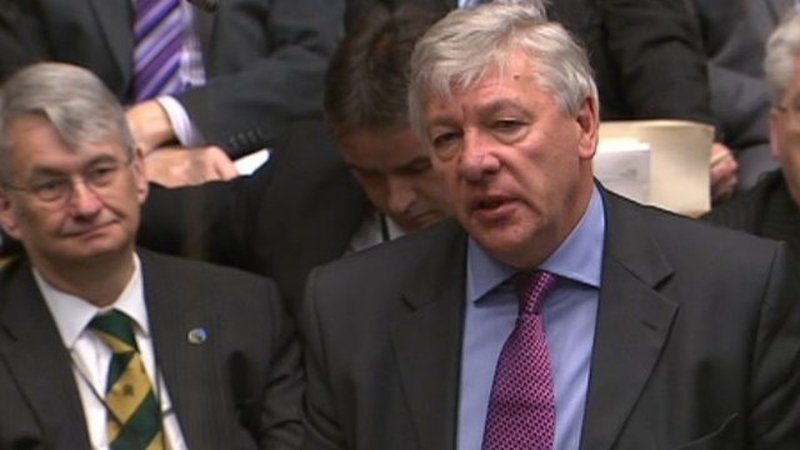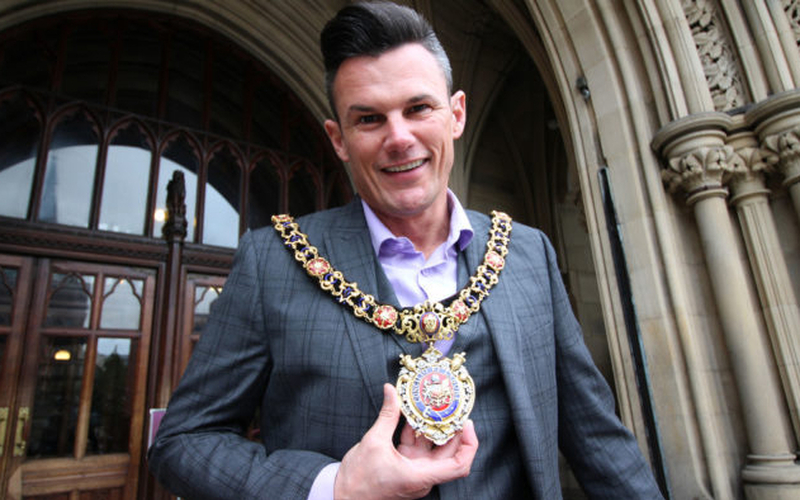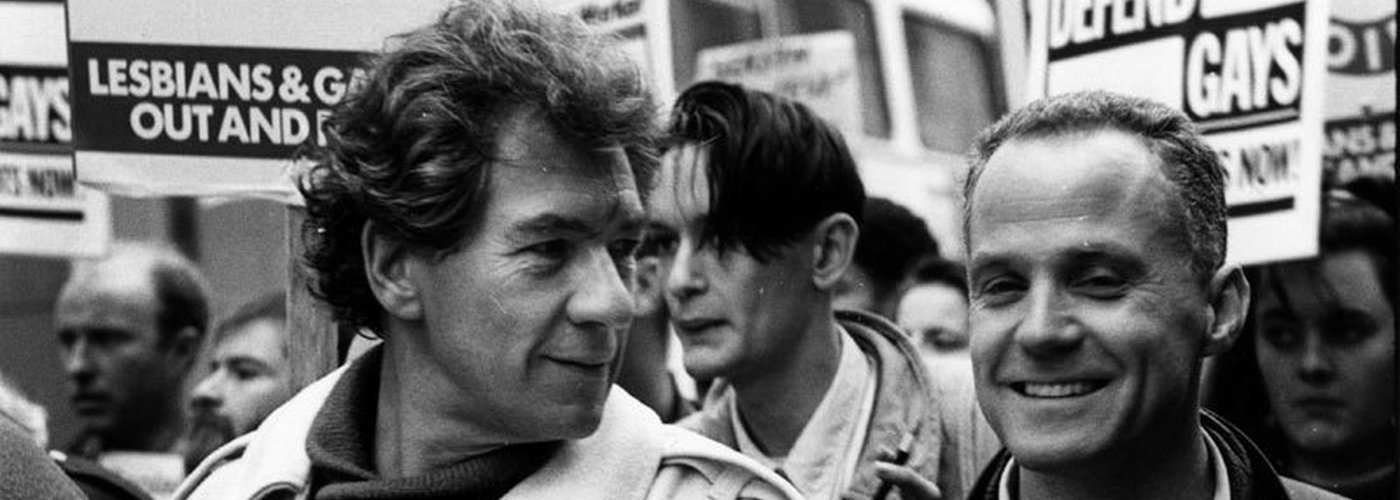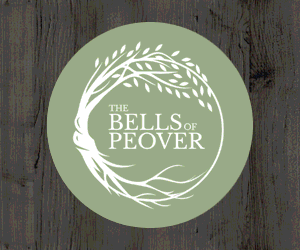Thirty years ago Manchester took to the streets to fight for what was right - not what was popular
This Tuesday, February 20, marks a 30th anniversary in Manchester. Three decades ago, tens of thousands of people took to the streets to protest changes to local government by the Thatcher administration. A march and rally was held featuring not just sympathetic MPs and councillors, but soap stars from Eastenders and Brookside, actors like Ian McKellen, musicians Jimi Somerville and Tom Robinson, amongst a host of local names. These weren’t anti-Poll Tax demonstrators, however, but campaigners against Section 28.
The innocuous title hides something rather more sinister. Section 28 added a line to the 1986 Local Government Act which stated that a local authority ‘shall not intentionally promote homosexuality or publish material with the intention of promoting homosexuality’ or ‘promote the teaching in any maintained school of the acceptability of homosexuality as a pretended family relationship’. It was the first new law restricting homosexuality passed by a European country since the 1930s.
Remarkably, footage of the march, speeches, and evening concert exists, and the atmosphere of defiance is clear. But why was Manchester the focal point of resistance?
Section 28 was passed at a time of rising public condemnation of homosexuality. In 1987, as the law was being drafted, a staggering 64% of people told the authoritative British Social Attitudes Survey that sexual relations between same sex couples were ‘always wrong’, with only one in ten saying such acts were ‘not wrong at all’.
Public opinion had shifted against homosexual relationships throughout the eighties; partly as a result of the AIDS crisis, partly from a reactionary, moralistic tone taken by the Conservative government. The previous autumn, Margaret Thatcher had lambasted schools for teaching children that they had 'an inalienable moral right to be gay'.
In the context of this culture war, and after the destruction of Ken Livingstone’s Greater London Council, Manchester City Council found itself one of the few remaining bastions of gay and lesbian rights. Manchester, often seen now as sensible to the point of stagnation, was truly radical after the hard left takeover in 1984.
As one of the few left-led councils, and almost unique in not being gutted in the rate-capping rebellion of 1985, it had full time officers dedicated to lesbian and gay equality, alongside those for other disadvantaged groups. It had a stated anti-harassment policy, compassionate leave for same-sex partners, and ensured the funding of the Manchester Gay Centre, the counselling and support service which received 18,000 calls a year from people made vulnerable by the discrimination they faced. These things sound unremarkable today, but they were revolutionary at the time. This perhaps explains not only why Manchester was the site of the rally, but why it was in fact organised out of the town hall itself.
“Only Manchester had its head above the parapet,” says then leader, and now MP for Blackley & Broughton, Graham Stringer. “If you went to Stockport, Trafford, they would say, ‘shut up, you’re losing us seats!’” When asked about other left councils he struggles to think of something nice to say. “[David] Blunkett in Sheffield was always ambiguous… perhaps a few of the London councils were sympathetic; Islington, Haringey, Camden.

Councillor Pat Karney, Deputy Leader at the time, agrees with this assessment. “Hatton wasn’t interested,” referring to the infamous Militant Deputy Leader in Liverpool. “Wait for the revolution and then we’ll have liberation was his line.” The sentiment echoes that of Hatton himself in a 1995 interview, where he told The Independent, “We never had any lesbian wrestling clubs.”
Political opponents locally were keen to use the council’s support for lesbian and gay people as an electoral weapon. “Pat and I were out in north Manchester,” says Graham, “when a man comes charging out of his house and tells me, “You’ve made me do the worst thing I can think of, I’ve voted Liberal!”” That year the Conservatives in Manchester campaigned under a banner that said ‘Vote For Decency’.
The opposition didn’t just come from the government, or other councils, but from within the Labour Group. “You’ve got to remember,” says Paul Fairweather, a leading gay rights campaigner at the time, “that a large minority of the Labour Group, the old guard, fought us all the way on this. There were people in the party that wouldn’t come out to their colleagues because it’d be instantly in the press.” I ask him if such things are why Carl Austin is referred to specifically as Manchester’s first openly gay Lord Mayor. Paul smiles, “well, perhaps.” He explained that, to avoid journalists, the whole thing was organised in a tiny, off-corridor room at the top of the Town Hall.

Despite all this animosity however, the backlash many in the party had expected after the rally never truly came. The Manchester Evening News, at that time quite hostile to the administration, reported the event fairly positively, even printing Tom Robinson’s alternative lyrics satirising Manchester’s fundamentalist Chief Constable Jim Anderton. “I got the most votes I ever received at the election that May,” recalls Graham, as Labour increased its majority on the council.
Paul Fairweather cites the politicisation of the gay community in Manchester as a crucial legacy of the campaign. “It’s when I felt the Village started thinking of itself as a community,” he says. Though the law would ultimately be enacted later that year, amendments had made it almost entirely symbolic, and hard-headed campaigning from Labour activists turned the party leadership from an equivocal stance to one of strong opposition. Section 28 would eventually be repealed by the Labour Government in 2003.
Perhaps, however, the most evident legacy of that period is LGBT representation in Manchester itself. At the forthcoming local elections, Labour is putting forward more openly LGBT candidates than ever before; over a dozen, including all three of its candidates for the Piccadilly Ward which includes the Gay Village. It’s a far cry from hiding from journalists in the Town Hall attic.
There will be an anniversary event today, at 6pm in Manchester Central Library, and an LGBT Question Time on 25 February at the People’s History Museum















